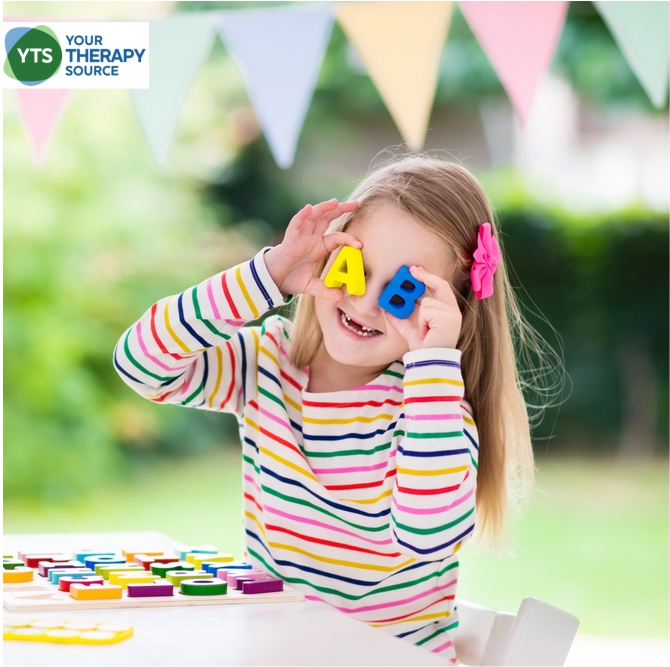Fun Alphabet Games for Preschoolers
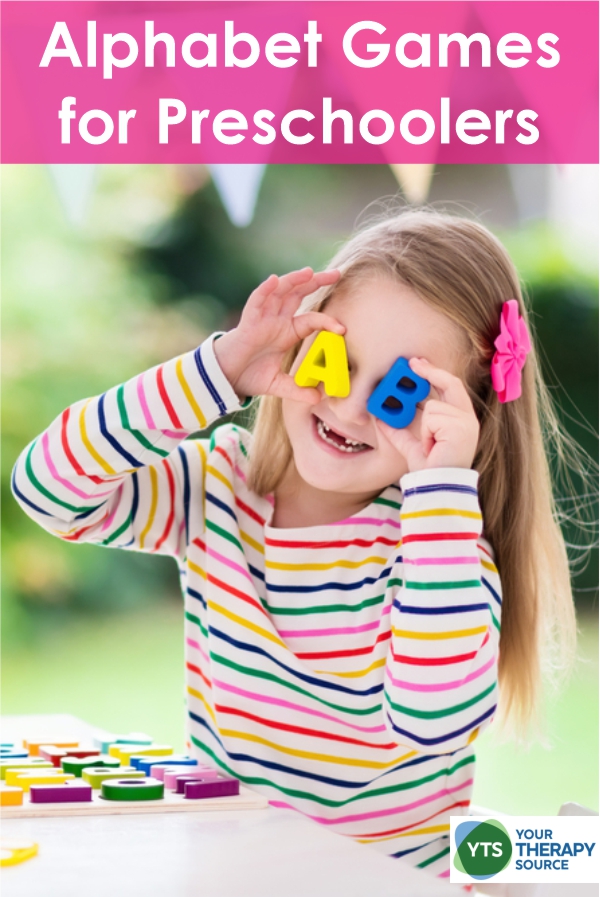
As a teacher, you’re no stranger to engaging activities for young learners. With the alphabet as your trusty sidekick, there are many ways to make learning an enjoyable experience for preschoolers. From high-energy games that help kids practice letter recognition and repetition, to quieter activities that foster hands-on engagement with language arts concepts – there’s something here for everyone! There are so many fun alphabet games for preschoolers.
ALPHABET CRAFTS FOR PRESCHOOLERS
Crafts are a great way for preschoolers to practice recognizing and writing letters. Try making alphabet books together, with each page featuring one of the 26 letters. Get creative with materials and you can create all kinds of letter games!
Paper Plate Alphabet Crafts
Cut out paper plate circles and have preschoolers paint one letter of the alphabet on each plate. They can also use stickers or glue on buttons to decorate. Once they’ve finished painting, help them string the plates together in alphabetical order using yarn or ribbon! Add clothespins, shaving cream, or foam for more fun.
Turn them into a game. Place the paper plates around the room. Turn on music. The students can move around the room. When the music stops they have to touch one plate. Call out the letter plate you are touching. Turn on the music and move around again.
Alphabet Pictures
Let your preschoolers draw pictures that represent each letter of the alphabet with a marker, crayon, or pencil. For example, a picture of an apple may represent the letter A. Even if they’re tracing an existing letter picture, this activity helps them learn in a creative way. Have each student share what the colored.
Making Alphabet Books
Have your preschoolers make alphabet books by folding a piece of paper into four equal sections. In each section, they can draw a picture and write the letter it represents. Add a scavenger hunt game to the book. They have to find objects that start with their letters and place them on the page.
SELF REGULATION ALPHABET GAMES
Preschoolers can benefit from active play, sensory exploration, and self-care exercises to develop their self-regulation. They can work on these skills using fun abc games.
Alphabet Hot Potato
This active game is great for helping kids work on self-regulation. Start by having the children stand in a circle and pass around a stuffed animal or bean bag. Have them name a letter of the alphabet as they pass it around. When the music stops, whoever is holding the item has to name another letter before the music starts up again.
Alphabet Scavenger Hunt
Preschoolers can practice letter recognition and self-regulation with a scavenger hunt. Provide each child with a list of pictured items that start with specific letters (e.g., an apple for A, a ball for B). They have to find the items in their environment within a certain time limit and then return the items to where they found them.
Alphabet Yoga
Kids can practice letter recognition while they self-regulate through yoga poses! For each letter of the alphabet, assign a yoga pose and have kids act out the pose as you call out each letter.
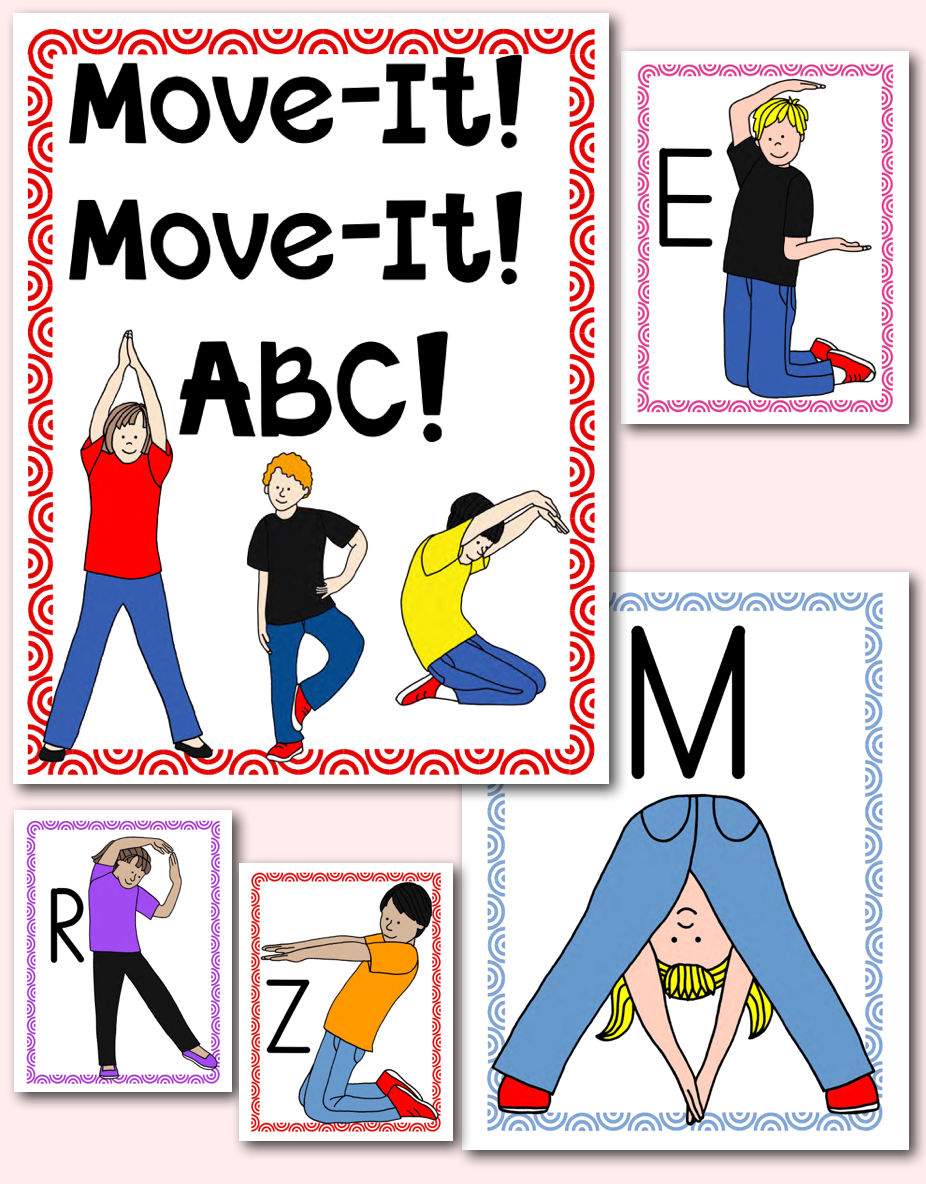
Yoga Alphabet Movement Cards – Multisensory Learning
FEELINGS AND EMOTIONS ALPHABET GAMES
Preschoolers have big emotions that they need to process. These fun alphabet games for preschoolers can help them understand and express their feelings and emotions.
Alphabet Feelings Game
Each preschooler picks out a card with a letter of the alphabet on it and then have them name an emotion that starts with that letter. For example, if they picked the letter “S”, they might say “sad”.
Alphabet Emotions Art
Provide each preschooler with a sheet of paper and some markers. Invite them to draw pictures or shapes that represent feelings, like a smiley face for happiness or a teardrop for sadness. Be sure to have them label their artwork with the corresponding letter of the alphabet!
Alphabet Emotions Songs
Help your preschoolers learn about emotions by singing alphabet songs that focus on different feelings. Teach coping skills too with this Coping Skills Alphabet and Bingo Boards.
MOVEMENT ALPHABET GAMES
Preschoolers love to move and games that combine physical activity with language arts concepts through letter activities are great for providing an extra challenge. It’s so beneficial to incorporate movement into your classroom!
Alphabet Freeze Dance
This fun game is perfect for helping preschoolers practice letter recognition while getting their bodies moving. Start by playing some music and having kids dance as you call out letters of the alphabet. When you call out “freeze”, have them stop and raise their hands in the air to show which letter they were dancing for.
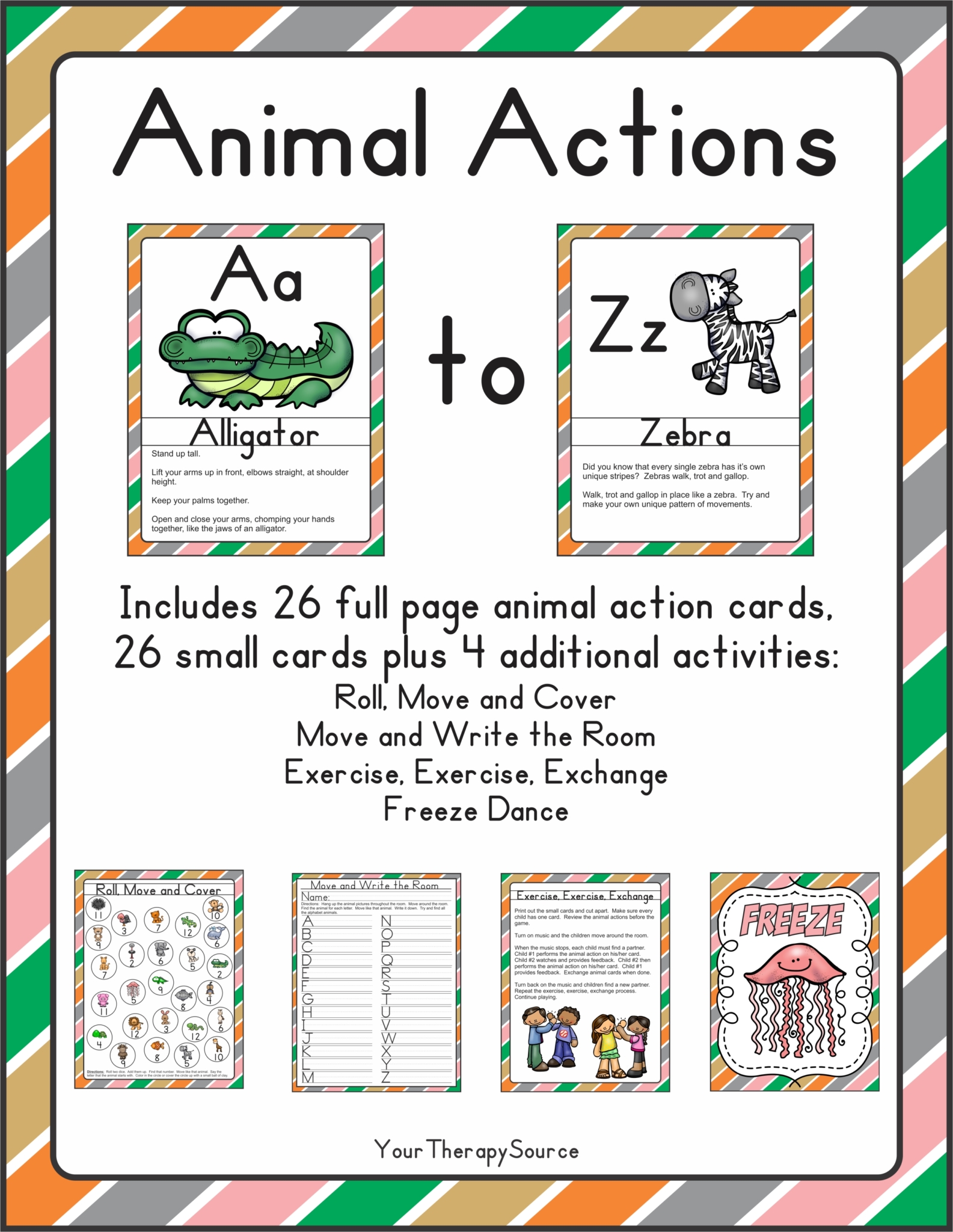
Animal Actions A to Z
Alphabet Hopscotch
Create a hopscotch game on the ground with alphabet letters written on it. Have preschoolers hop, jump or skip from one letter to another while calling out the letters they are hopping on.
Beanbag Alphabet Game
This game is great for helping kids practice letter recognition while engaging their motor skills. Use this Beanbag Alphabet Fun Activity. Have preschoolers stand in a circle and toss a beanbag or stuffed animal around while saying the letter on it. If you want to add to the creativity, have the students make their own beanbags by putting some rice in a sock.
LARGE GROUP ALPHABET GAMES
When preschoolers interact in a large group, it gives them an opportunity to work on their social skills with their peers. It allows you to keep everyone together for one activity. Why not also work on alphabet skills while you’re at it with these fun alphabet games for preschoolers?
Alphabet Line Up
Give each child a flashcard letter or write letters on index cards. Have all the preschoolers line up in alphabetical order. Give them clues about who is next in line and have them decide who should go where. Once everyone is lined up, you can check to make sure they placed themselves correctly.
Alphabet Bingo
Create bingo boards that feature a letter of the alphabet in each spot. Or to save on prep time use these free alphabet bingo printables. Have a pile of cards with letters on them and call out one letter at a time. Preschoolers can place the letter they were given onto their bingo board if it matches up with any on their card. The first person to make a line of five across, down, or diagonally wins!
Alphabet Relay Race
Create teams of preschoolers and draw a letter on each piece of paper. Place the papers in two different buckets at opposite sides of the room. Have the first person from each team run to their bucket, pick out one of the letters, and then run back to their team and give it to the next person. The first team to match up all their letters in alphabetical order wins!
PUZZLE ALPHABET GAMES FOR PRESCHOOLERS
Preschoolers can practice their problem-solving skills and letter recognition with puzzle alphabet games. They can also develop fine motor skills as they use their little hands to place pieces in the correct places.
Alphabet Shape Matching
Make cards that feature shapes with a letter inside of them (for example, an oval shape with the letter “C”). Place these cards on a table or floor and have preschoolers match them up by completing the shapes. This game helps allows them to letter match, which strengthens their overall knowledge of the alphabet.
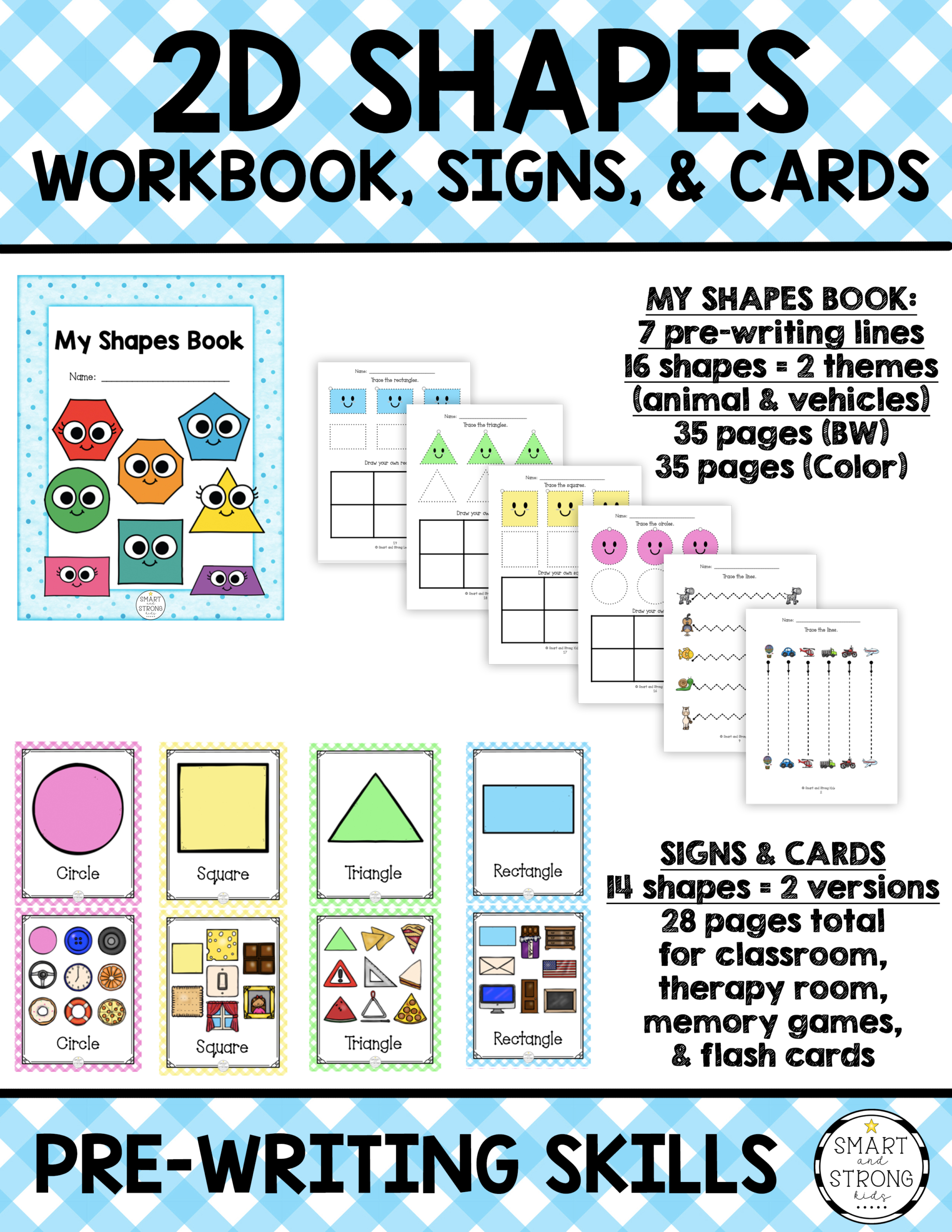
2D Shapes Worksheets PDF, Signs, and Cards
Alphabet Memory Game
Print out pictures of items that start with a certain letter and cut them into pieces. Place all the pieces in one pile and have preschoolers take turns picking two pieces each. If they get a match, they can keep those pieces; if not, they place the two back in the pile. The one with the most matches at the end is the winner.
Alphabet Word Search
Create a word search puzzle that has all the letters of the alphabet or download this Find and Color the letters in your name freebie. Have the preschoolers find all the letters and color them in alphabetical order. Want to make it easier? Only color in the letters that are in your name. This is a great letter recognition game!
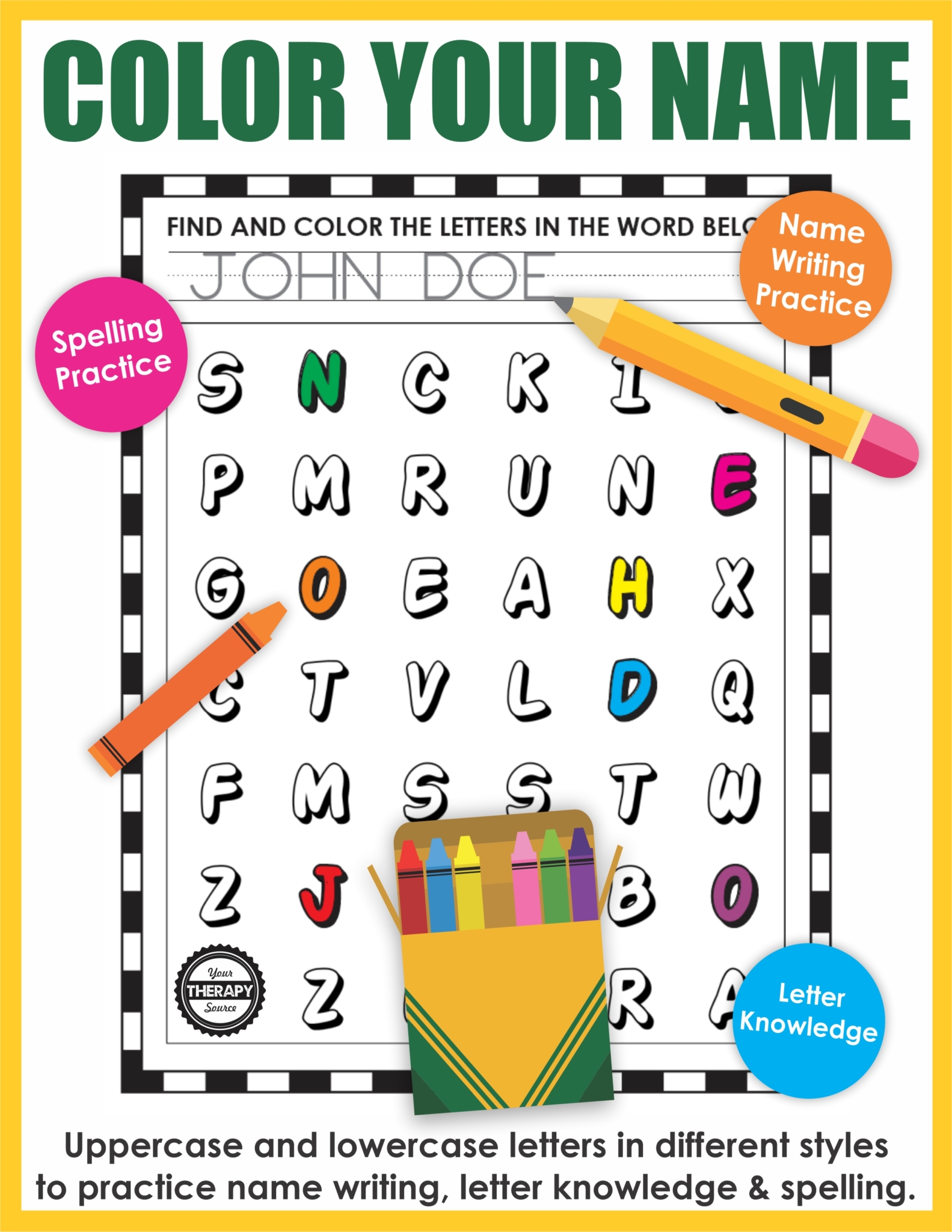
Color Your Name or Any Word
By playing fun alphabet games for preschoolers, your little learners will have a blast as they practice their letter recognition, problem-solving skills, and understanding of feelings and emotions. These games make learning fun. So go ahead—pick a game and get started!
